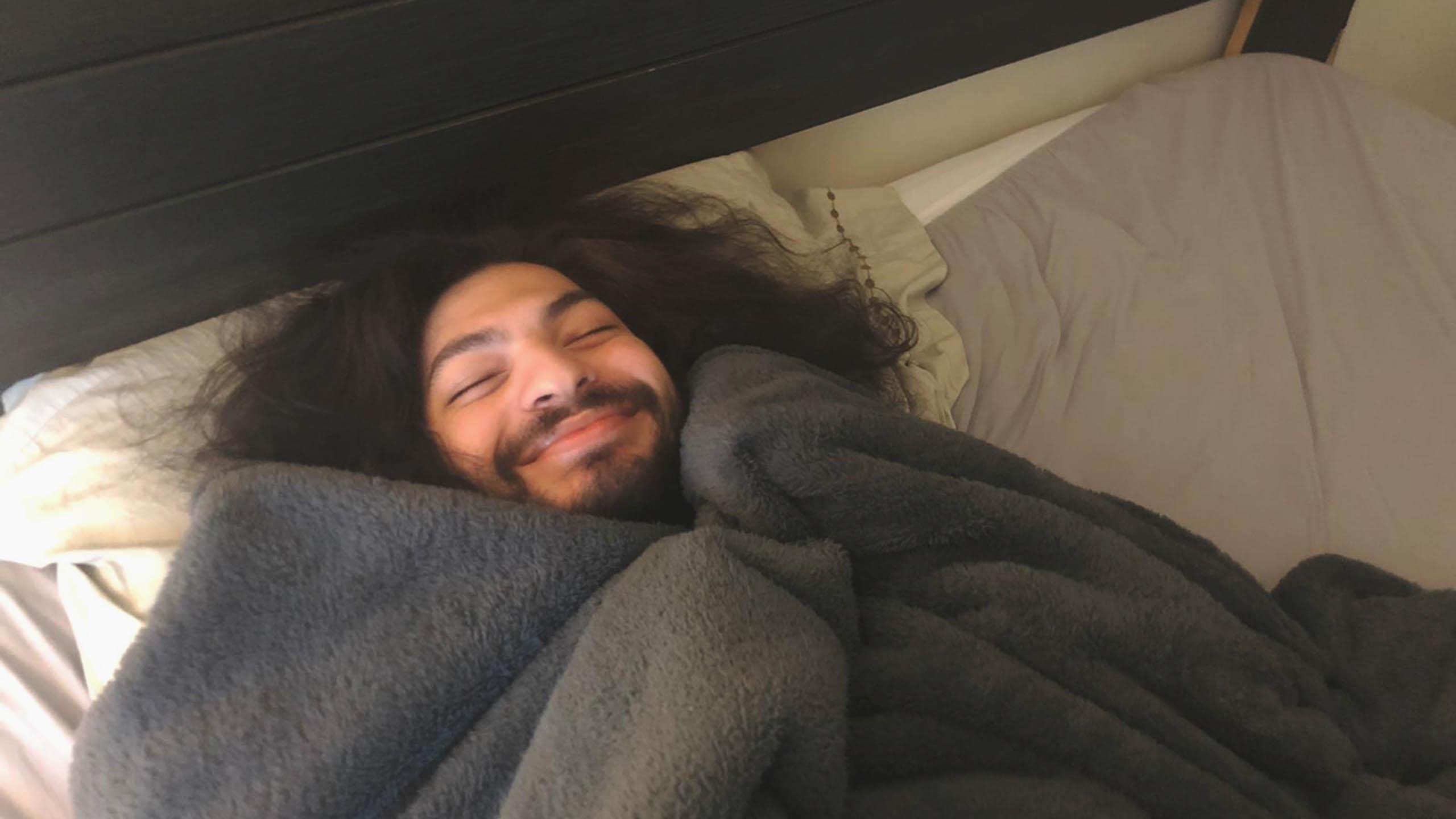By Anna Maria Moubayed
A new study has found that weighted blankets cannot be used to compensate for poor lifestyle choices.
The study, conducted by the Journal of Sleep Science, defines poor lifestyle choices as “activities that set back the advancements of humankind,” such as staying up until 2 a.m. to watch Rina Sawayama fancams, texting unrequited crushes or crying while sleeping during daylight hours.
“The crushing weight of the blanket tricks the owner’s minds by making them feel like they’re back in the womb, which for many, was the last time they got a good night’s sleep,” said lead researcher and sleepologist Suzie Snoozie.
Consumers, however, firmly believe that their crumbling life can be fixed by a piece of fabric that weighs roughly 15 pounds.
A recent survey conducted by Canadian thinktank Anxiety “R” Us found that 74 per cent of university students believe weighted blankets are essential to their general well-being.
“The demographic most interested in this product is university students experiencing high levels of anxiety, which is worsened by the frequent consumption of Diet Coke, iced coffee and weed, sometimes all at once,” said PJ Amas, director of Anxiety “R” Us.
Amas, a weighted blanket owner himself, says he feels “the weight of the world” lifted off of his shoulders as his body gets lightly crushed every night.
“The blanket is all mine and I will absolutely not share it with my wife,” he said.
Statistical analyst Will Lauve said weighted blanket sales peaked to never-before-seen levels in 2020.
“[Sales] usually go up in the fall when school begins and again around Christmastime, when no one can keep up the facade of being a functioning human being anymore,” Lauve said.
“No matter how magical weighted blankets seem, they will not fix your life,” he continued, his voice slightly muffled under the cocoon of his weighted blanket.
In response to increased demand for their products, weighted blanket companies are pursuing upgrades to differentiate their goods from competitors.
Canadian company Heavy Blankies is focusing their research on assisting in mundane tasks following the release of new data on human motion and exercise.
The data, collected using sleep trackers and artificial intelligence sensors, determined that the average weighted blanket user avoids moving for an unhealthy amount of uninterrupted hours, ranging from 17 to 21 hours.
“We may not be able to fix our customers’ lives, but we can try to make lying down as easy as possible for the low cost of $199.99,” said Heavy Blankies spokeswoman Molly Andy.
Some new upgrades being discussed by Heavy Blankies include LED colour-changing lights sewn into the blanket fabric, attached water bags with straws and detachable pee-bags without straws. These innovations are being considered to “ensure users experience maximum comfort and safety,” said Andy.
These new developments will likely further strengthen the weighted blanket user fanbase, which shows no evidence of fading anytime soon.
Ariana Rows, a third-year Ryerson philosophy student, wears her blanket like a cape as part of her outdoor attire.
“If this doesn’t help, then why does it feel like it’s the glue holding together the shambles of my life?” said Rows.
“I don’t even hug my mom anymore,” she continued. “This blanket is all I need.”













Leave a Reply